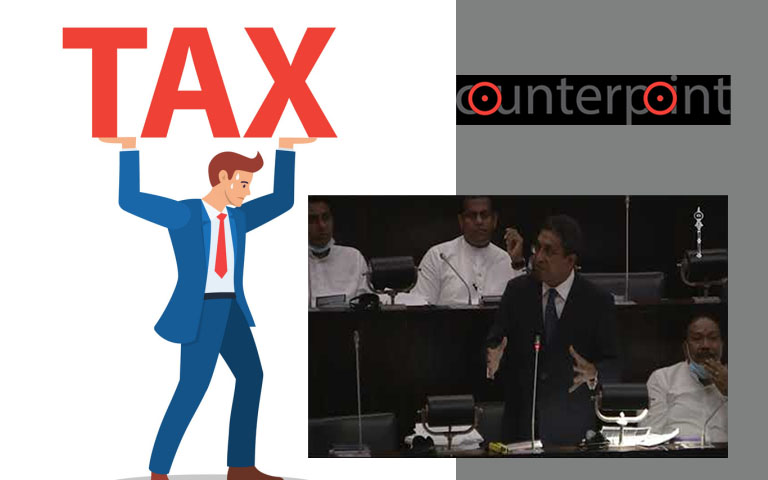In a recent parliamentary debate on the pressing issue of brain drain, MP Harsha de Silva brought to light a significant concern raised by the Professional Trade Union Alliance, consisting of 47 professional organizations. These professionals voiced their grievances about the heavy tax burden placed upon them and urged for changes in the tax structure to alleviate their financial strain.
MP Harsha, along with his team of analysts, embarked on an investigative journey to scrutinise the existing tax structures and their implications. Their findings shed light on two critical aspects of taxation in Sri Lanka: the pay-as-you-earn (PAYE) tax and the personal income tax (PIT).
The PAYE tax, initially projected to yield LKR 68 billion in revenue for the government, was later revised to LKR 100 billion. However, the latest figures as of the end of September indicate that the government has already collected LKR 107 billion through PAYE, achieving a 70% compliance rate. Extrapolating from this data, it is conceivable that the government could potentially earn up to LKR 125 billion by year-end with the current compliance rate or a substantial LKR 178 billion with full compliance. These numbers challenge the initial underestimation of PAYE revenue.
In stark contrast, the Personal Income Tax (PIT) fell significantly short of expectations. The government had projected LKR 115 billion in revenue by the end of last month, but the actual collection stood at a mere LKR 25 billion. Extrapolating this data for the entire year reveals an estimated LKR 37.5 billion in revenue, far below the initial estimate. This discrepancy highlights a concerning issue: voluntary compliance with PIT is distressingly low, while PAYE is collected more forcibly.
The evident discrepancy in collections versus initial estimates for PAYE and PIT raises questions about the fairness and effectiveness of the current tax structure. It reflects a flawed incentive system where taxes that can be coerced are being collected while voluntary contributions remain dismal.





